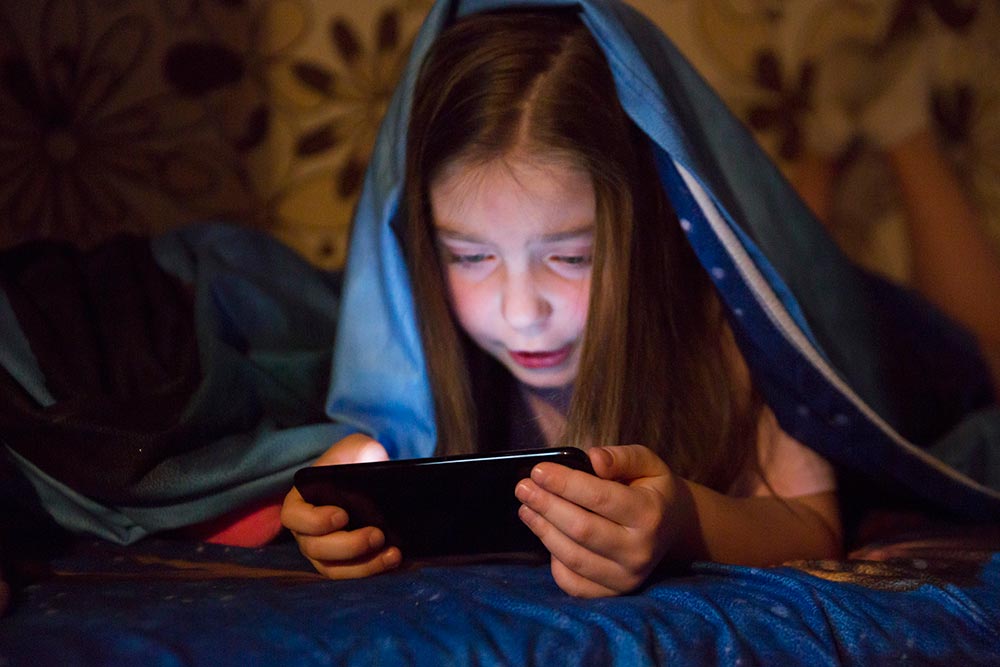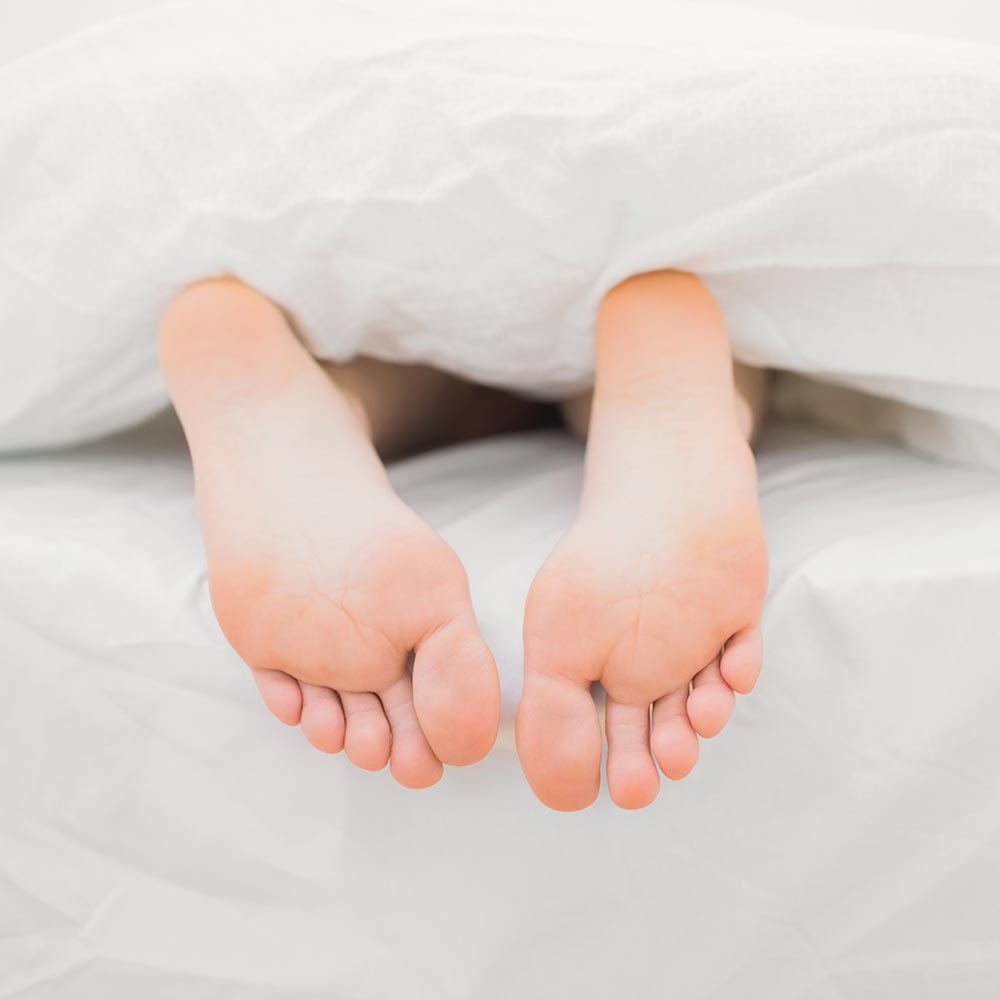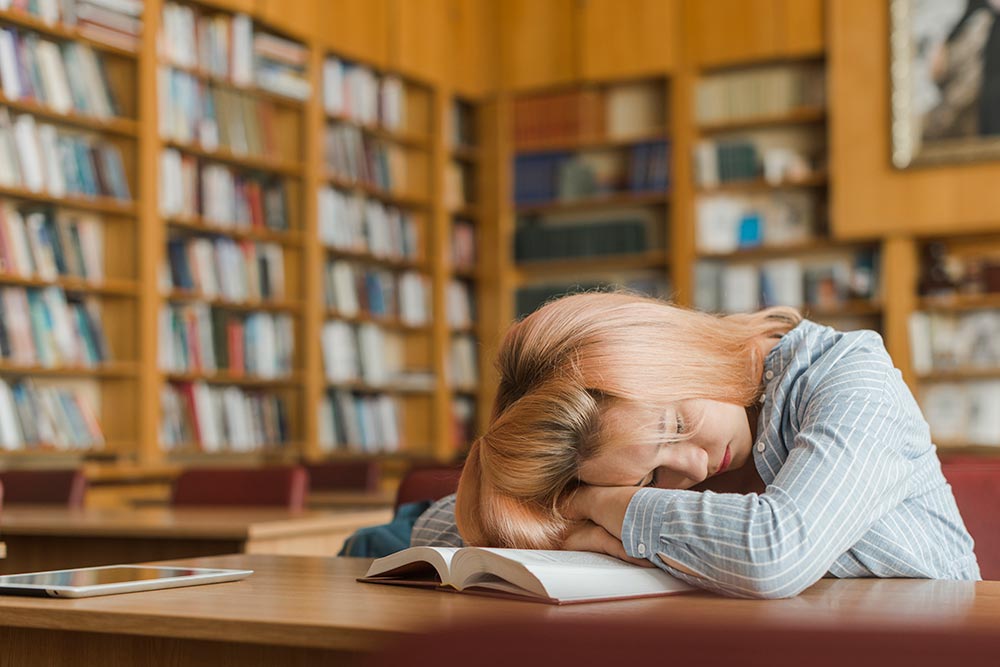If there’s something like teen body clock, it sure isn’t in sync with normal days and nights. Getting up early in the morning isn’t exactly a teens’ thing, so is going to bed at night. Therefore, the sleep-wake patterns of most teenagers are disturbed and the result is that they are sleep deprived almost all the time. All this has made weekends the favorite time for the teens.
What Controls Sleep and Wakefulness?
Pineal gland is an endocrine gland found in the human brain which secretes melatonin hormone: the human body’s sleeping pill. The secretions excreted by the pineal gland are reported to control the sleep/wake patterns.
Why Teenagers Can’t Get Up
Studies have revealed that the teens sleeping/waking patterns change drastically; as kids enter puberty, their body clocks are believed to shift. Even if teens go to bed early i.e. 9 or 10 pm, most of them cannot fall asleep before 11 pm; a time which is thought to be the functioning time of the pineal gland – the melatonin secretions start at about 11 pm and continue till 8 am which explains why the teens find it difficult to get up very early in the mornings.

Another important reason for not feeling the need to sleep early is the lack of physical activity. Kids who do regular sports or exert physically in one way or the other are likely to feel sleepy come the night. No physical activity means little desire to get your body rested and thereby no motivation to start a day fresh. The young need to focus on physical activity, no matter how little, to get their sleeping patterns right.


